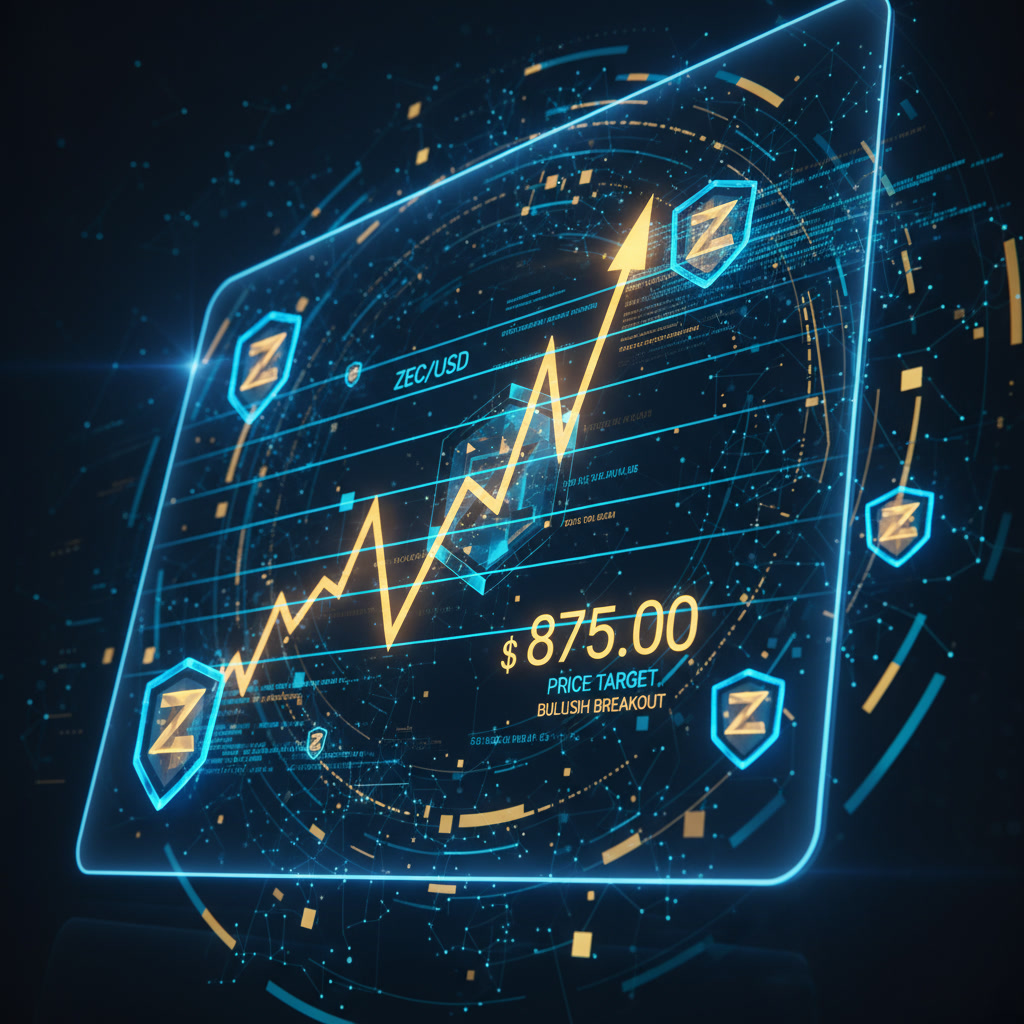Japan has taken a bold step by integrating cryptocurrency mining into its national energy framework. A newly announced project sees the country’s electric power sector partner with hardware manufacturer Canaan to deploy 4.5 MW of Bitcoin-mining equipment, using this infrastructure not only to generate digital assets but also to stabilise the power grid.
A New Role for Bitcoin Mining
The project involves the installation of Canaan’s hydro-cooled Avalon A1566HA mining servers, which will be located in a regional utility’s facility in Japan. These machines will operate in a dual capacity: when renewable energy supply is abundant and demand is low, mining operations ramp up; conversely, during peak demand or constrained supply, mining activity can be dialled down or halted. This “flexible mining” model aligns energy consumption with supply dynamics — thereby helping the utility optimise its use of renewable resources and reduce waste.
This is notable because it marks a rare instance of a government-entity backed power company entering the digital-asset mining space, rather than mining being driven purely by private capital and speculative motives.
Why This Matters
There are several compelling implications of this initiative:
-
Grid Stability and Renewables Integration
One long-standing critique of cryptocurrencies such as Bitcoin is their energy intensity — and particularly reliance on fossil fuels in some regions. Japan’s approach offers a turning point: mining only when renewables are in surplus helps mitigate environmental push-back and positions mining as a grid-balancing tool rather than simply a high-consumption activity. -
Public Sector Participation
The involvement of a state-overseen utility represents a shift in how mining is perceived: from fringe activity to one with a role in infrastructure and national strategy. This could set a precedent for other advanced economies to explore similar models. -
Mining Industry Redemption and Growth
For the hardware maker Canaan (NASDAQ: CAN), this contract is the largest to date and signals a rebound from previous struggles. The mining industry could increasingly align with energy policy, opening new revenue streams and improving public sentiment.
The Challenges and Limitations
Of course, the project is still relatively modest in scale (4.5 MW) and symbolic in significance at this stage. The devil will be in the details:
-
Scalability
Whether this model can be scaled meaningfully across multiple utilities, regions or even countries remains to be seen. Larger scale deployment would require substantial coordination of mining hardware logistics, energy market reform and regulatory oversight. -
Regulatory and Environmental Oversight
Even when timed to use renewable surpluses, mining consumes electricity that might otherwise be directed to other uses. The regulatory design must ensure that mining operations are genuinely ancillary and do not draw power away from essential infrastructure. -
Economic Viability
With the large fluctuations in Bitcoin’s price, mining economics remain uncertain. Utilities venturing into this domain must balance the value of mined tokens with grid-service benefits and ensure return-on-investment is sound.
Global Implications and Outlook
Japan’s example may serve as a model for other nations with high renewable penetration and grid balancing needs. If mining can be leveraged to absorb excess renewable generation, it transforms from being a mere speculative venture into a component of modern energy infrastructure.
However, context matters: countries with less renewable infrastructure or weaker grid management may not be able to replicate this effectively. Regulatory clarity and public support will also be critical.
Conclusion
In summary, Japan’s decision to embed Bitcoin-mining operations within its national energy strategy is a forward-thinking move. It reimagines cryptocurrency mining not just as a financial speculation tool but as a flexible energy-service asset. While still nascent and modest in scale, the project could herald a new paradigm — one where blockchain technology and national energy policy intersect in constructive ways.
Ready to start your cryptocurrency journey?
If you’re interested in exploring the world of crypto trading, here are some trusted platforms where you can create an account:
- Binance – The world’s largest cryptocurrency exchange by volume.
- Bybit – A top choice for derivatives trading with an intuitive interface.
- OKX – A comprehensive platform featuring spot, futures, DeFi, and a powerful Web3 wallet.
- KuCoin – Known for its vast selection of altcoins and user-friendly mobile app.
These platforms offer innovative features and a secure environment for trading and learning about cryptocurrencies. Join today and start exploring the opportunities in this exciting space!

Join our crypto community for news, discussions, and market updates: CryptoBCC on Telegram.

Disclaimer: Always do your own research (DYOR) and ensure you understand the risks before making any financial decisions.




